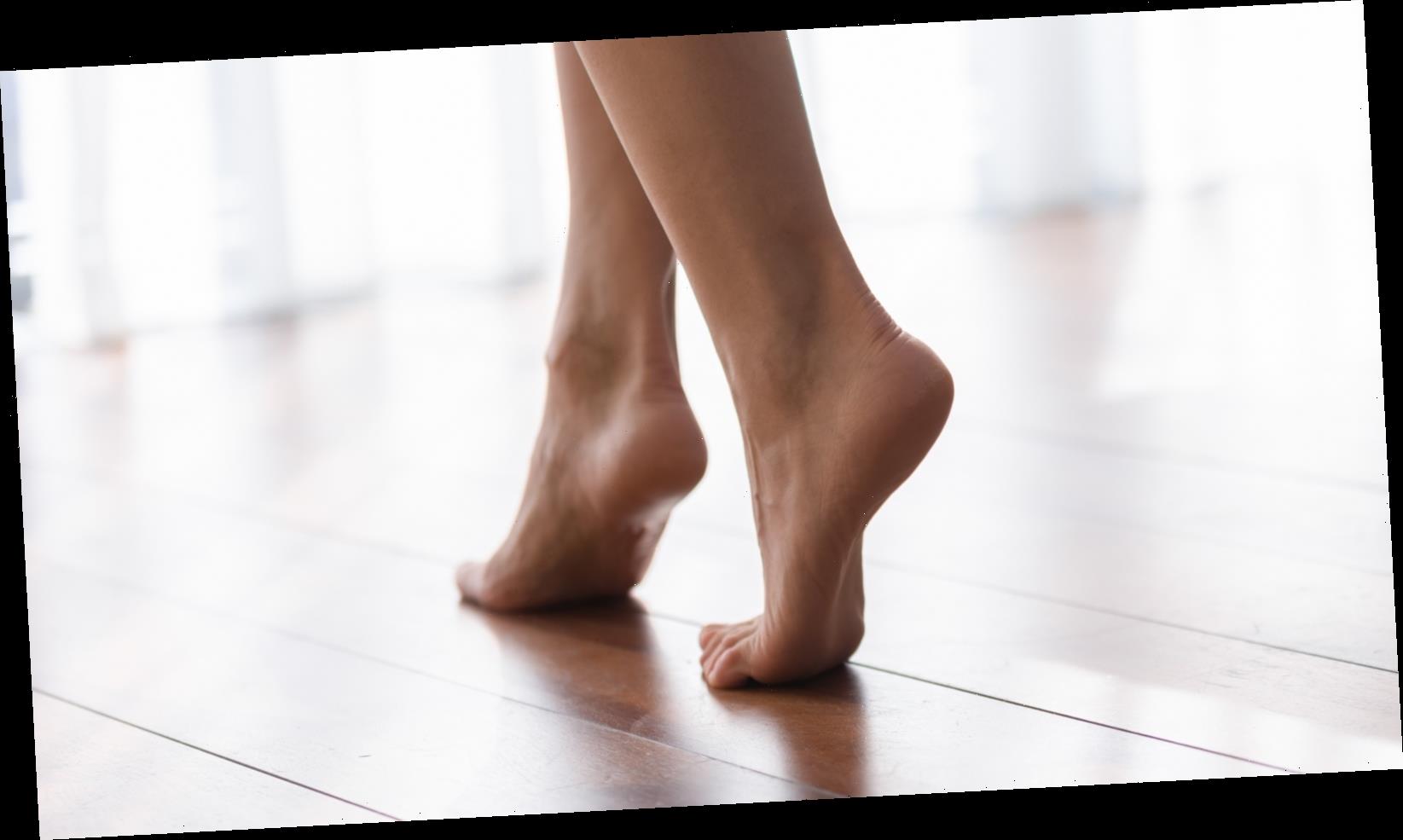
Getting older means more aches and pains, unfortunately. But, what about when your joints are popping? When is it time to worry?
Kim L. Stearns, MD, tells the Cleveland Clinic that, “The older you get, the more noise your joints can make, because some of your cartilage wears away as part of the normal aging process. Then these surfaces get a little rougher and so you get more noise as they rub against each other.”
These small cracks and noises are usually nothing to lose sleep over. Only when the pop or crack “is accompanied by pain or swelling” is it time to look a little deeper, Healthline explains. Apparently, when this joint pops without any discomfort, it may be just gas leaving the joint capsule, creating the subtle noise. It also may stem from your tendons moving over the top of the joint and thus making the sound.
Since the ankle contains three main muscles that slide over the joint, sometimes they can move outside of the groove they have available to them. A popping noise sometimes occurs when this happens, Healthline notes. Usually these noises denote a simple shifting of the ligaments or friction on the bone that’s normal with everyday use.
Joint popping may just mean you have tight muscles

Think of it this way — when you’re warmed up, you’re less likely to get injured when you’re working out. Going into an intense exercise with cold muscles can cause some issues. The same is true when you’re walking around. If your joints are popping during various movements, it could just mean that your muscles are cold, the Cleveland Clinic explains.
In order to avoid these creaky sounds, give them some TLC. “We say motion is lotion — the more you move, the more your body lubricates itself,” Dr. Stearns told the outlet, adding, “When you’ve been sitting or lying around, fluid in the joints doesn’t move. The more active you are, the more your joints lubricate themselves.”
But, if your ankle pops come with pain or swelling, that’s a different story. Healthline explains a condition called tendon subluxation, which is caused by an issue with the peroneal retinaculum, the long band that holds your tissues in place. When this gets distorted, various tendons can move and cause pain as well as noise. Dislocation of the tendon can also appear as swelling, inflammation, and bruising when your joints are making noise, the outlet notes. The bottom line is that, if there’s pain accompanied with the noise, it’s time to head to the doctor.
If the sound of your ankle popping drives you nuts, simply get some gentle movement and stretching in. Otherwise, know that it’s likely just your joint arranging itself so you can move with ease.
Source: Read Full Article
